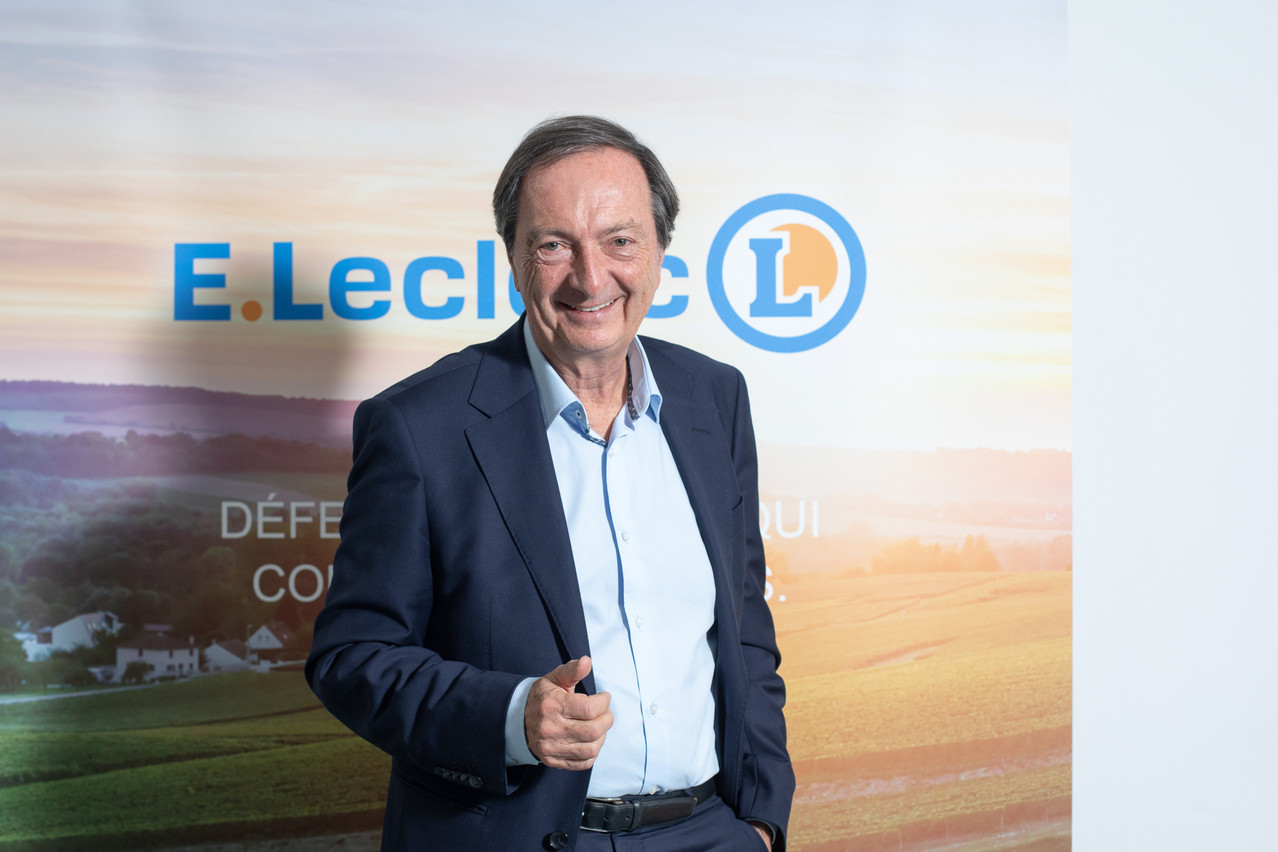Announced last summer, the deal in which Leclerc buys out 27 outlets in Luxembourg owned by the Louis Delhaize Group--including the Cora, Match and Smatch brands--is starting to take shape.
Over the last few days, Cora has been posting on its social networks about the move. For the 1,200 or so employees at the outlets concerned--and for customers--the changes begin on 12 March.
During a visit to the grand duchy last December, the head of France’s No. 1 supermarket chain--Michel-Édouard Leclerc himself--indicated that the full rollout of the brand would take between three and five years.
The main changes
Customers at the City Concorde in Bertrange will have noticed that the Cora hypermarket was closed on Monday, 11 March. On 18 March, the Cora in Foetz observe its own day of closure. These days off are to prepare.
Two immediate changes: firstly, customer loyalty cards were deactivated on 10 March, but the balance will be credited to a new card issued in the name (obviously) of Leclerc; and secondly, “Coradrive”--an online order and pickup service--has been discontinued at the City Concorde and Foetz locations. For their part, Match and Smatch have not yet made any announcements.
Many Cora customers have expressed concern about finding their favourite products on the shelves, to which the new owners have replied: “We have no intention of changing our entire range, and we will be keeping our Luxembourg specificities.” Still, Leclerc will gradually be adding its own touch, if only through its own private label, Repère, which will replace the brands previously marketed under the Cora name.
This latter change will pose logistical challenges. Local goods will pass through the Arthur Welter warehouses in Leudelange, as they already do, but other products will arrive from Recy, not far from Châlons-en-Champagne, where the logistics platform supplying some 180 establishments in the Grand Est region and the Paris basin is located.
Coming in hot
The point that has perhaps aroused the most discussion: to what extent will Leclerc upset the local grocery and hypermarket scene? Leclerc (the man) has openly stated that he is vying for the number one retail position in Luxembourg.
In France, the chain generated sales of €49.3bn in 2022 (excluding fuel sales, an activity from which it will distance itself in Luxembourg)--a number that leads all others, thanks to an aggressive strategy that is not always kind to small producers, who have voiced their grievances against the giant.
“It will be the same philosophy, even if the taxes are not the same,” says Leclerc. “Our model is to let consumers choose the harmony of their shopping baskets,” he adds, clarifying that Leclerc will not offer a limited choice like some discount brands do. “The idea is to be the cheapest on the whole of what we call the back shelf, and on needs that are not just food. The commitment is to have the same policy as in France.”
This article in Paperjam. It has been translated and edited for Delano.
